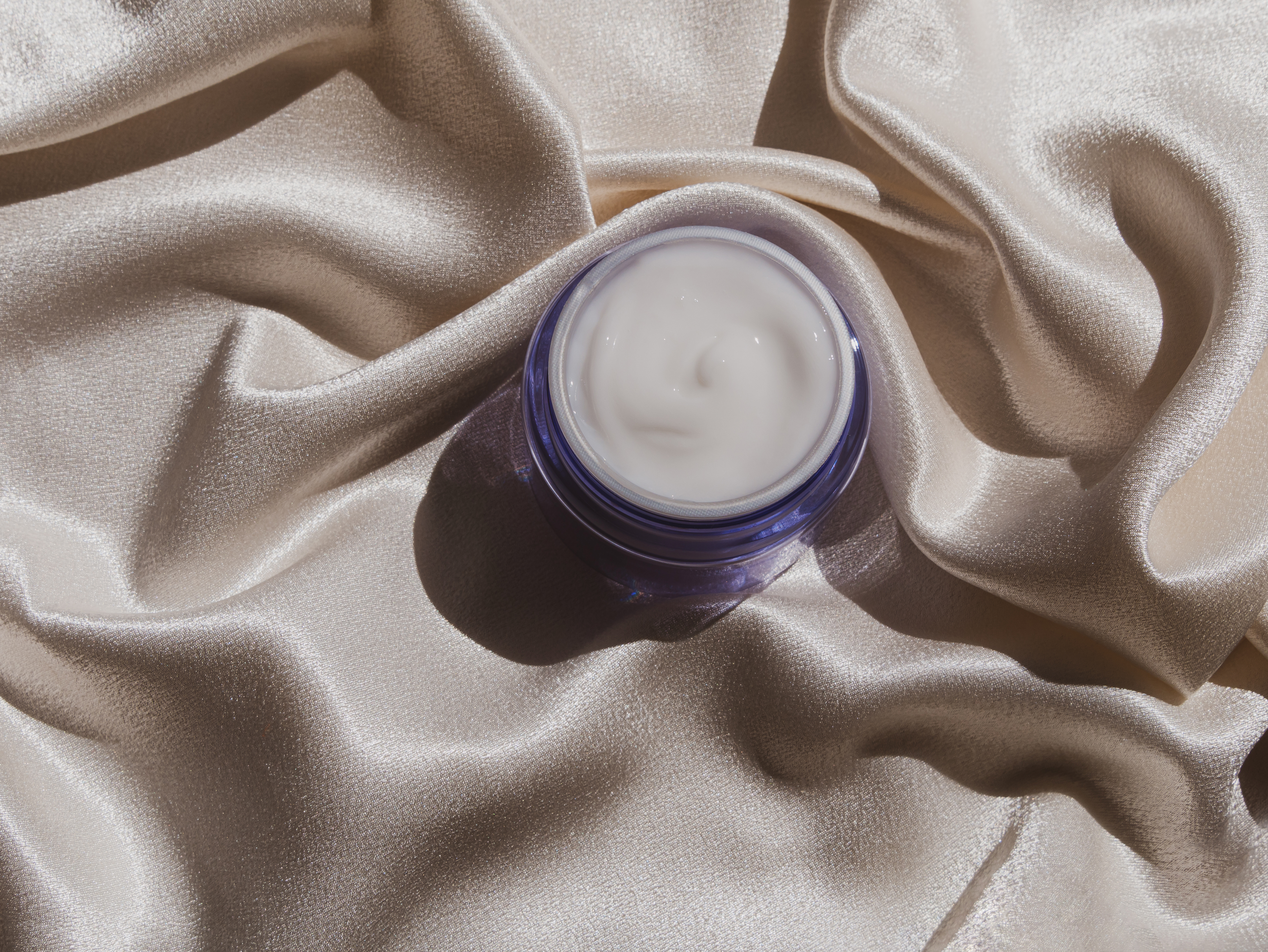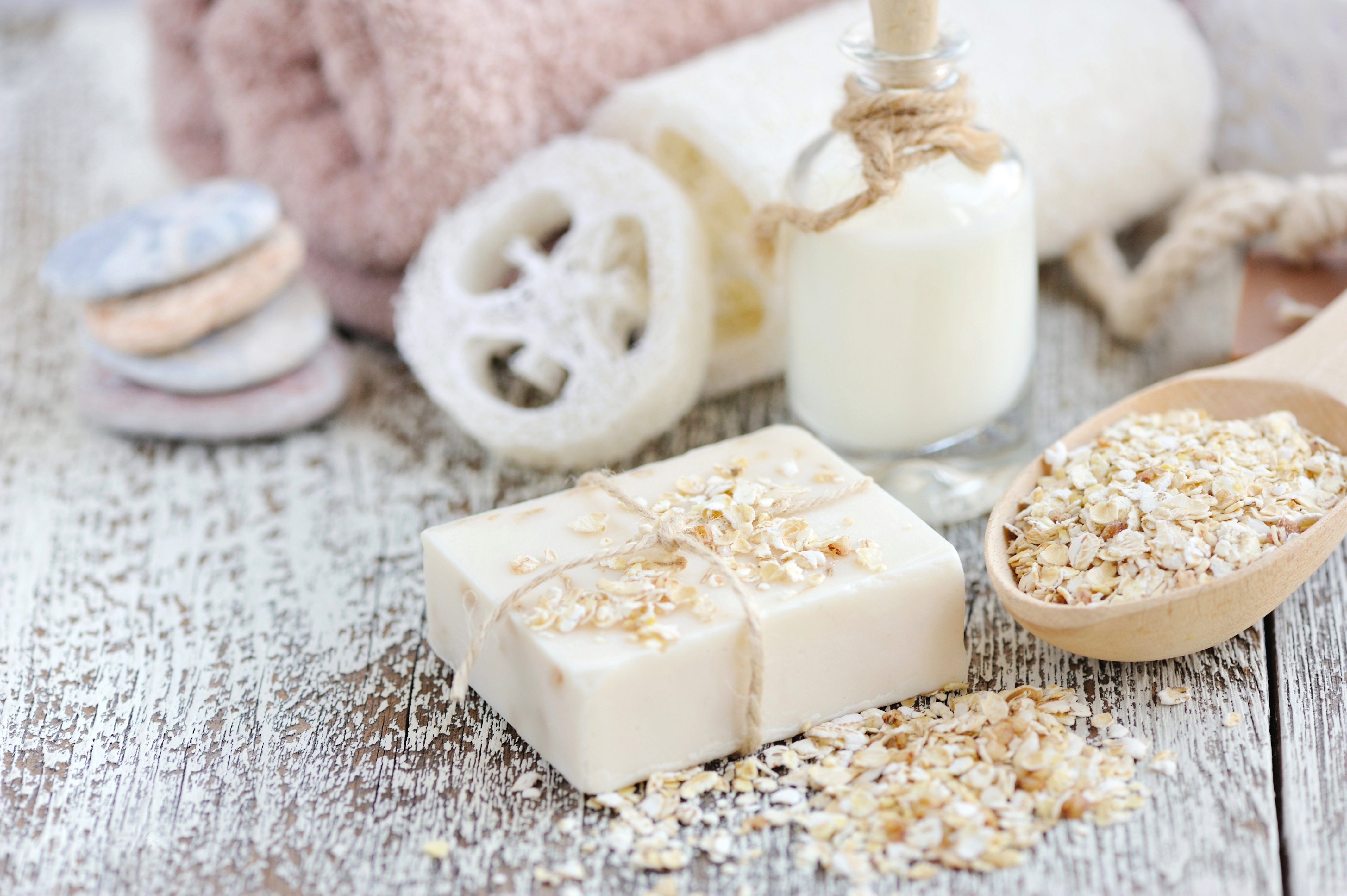10 Proven Home Remedies to Soothe and Calm Psoriasis Naturally
Psoriasis, a chronic autoimmune condition marked by red, scaly patches on the skin, impacts millions worldwide. While medical treatments play a vital role in managing the condition, many individuals turn to home remedies for a gentler, more holistic approach to alleviating symptoms. These remedies not only aim to soothe the skin but also promote overall well-being, offering a sense of comfort and balance in the journey toward healthier living. The search for effective home solutions is deeply rooted in tradition, scientific insights, and personal stories of success. Each remedy presented here has been chosen for its ability to complement conventional treatments and support long-term skin health. While these strategies are not instant cures, they are valuable tools for integrating into a lifestyle that prioritizes calm, balance, and self-care. With patience and consistency, these time-tested approaches can help pave the way to more manageable symptoms and enhanced quality of life.
Embracing the Power of Moisturization

Moisturization is perhaps the most straightforward yet powerful tool in managing psoriasis. The key to effective moisturization lies in choosing the right products and applying them consistently. Thick, ointment-based moisturizers are often recommended as they provide a protective barrier, locking in moisture and preventing the skin from drying out. Ingredients such as shea butter, coconut oil, and aloe vera have been celebrated for their hydrating properties and ability to soothe irritated skin. Regular application of moisturizers can help reduce the scaling and redness associated with psoriasis. It’s essential to apply moisturizer immediately after bathing when the skin is still damp to maximize absorption. Additionally, incorporating a humidifier into your home environment can help maintain skin hydration by adding moisture to the air, particularly in dry climates or during winter months. By making moisturization a daily ritual, individuals can significantly improve the texture and appearance of their skin, providing a foundation for other treatments to work more effectively.
The Healing Touch of Oatmeal Baths

Oatmeal baths have long been a staple in the realm of skin-soothing remedies. Colloidal oatmeal, a finely ground form of oats, is renowned for its anti-inflammatory and antioxidant properties. When added to a lukewarm bath, it forms a protective barrier on the skin, helping to lock in moisture and reduce irritation. This simple yet effective remedy can provide immediate relief from the itching and discomfort associated with psoriasis. To prepare an oatmeal bath, grind regular oats into a fine powder and add them to warm bathwater. Soak for about 15 to 20 minutes, ensuring the water is not too hot, as high temperatures can exacerbate dryness. After bathing, gently pat the skin dry and apply a moisturizer to seal in the benefits. Regular oatmeal baths can become a soothing ritual, offering a respite from the daily challenges of living with psoriasis. This practice not only calms the skin but also provides a moment of relaxation and self-care in a busy world.
